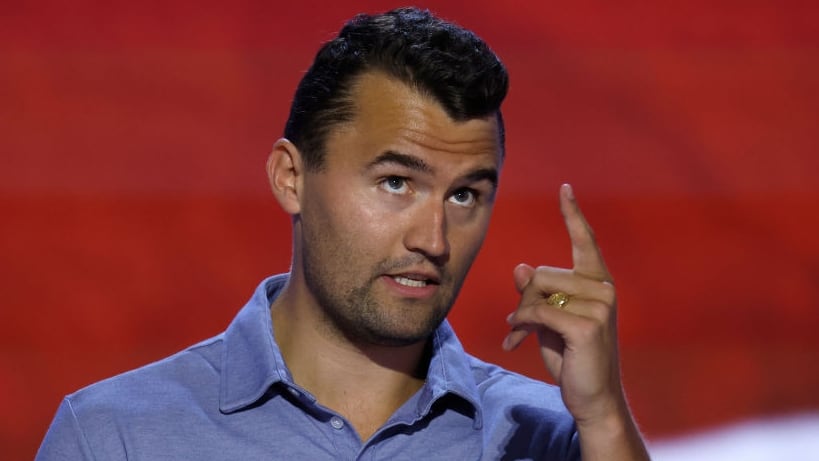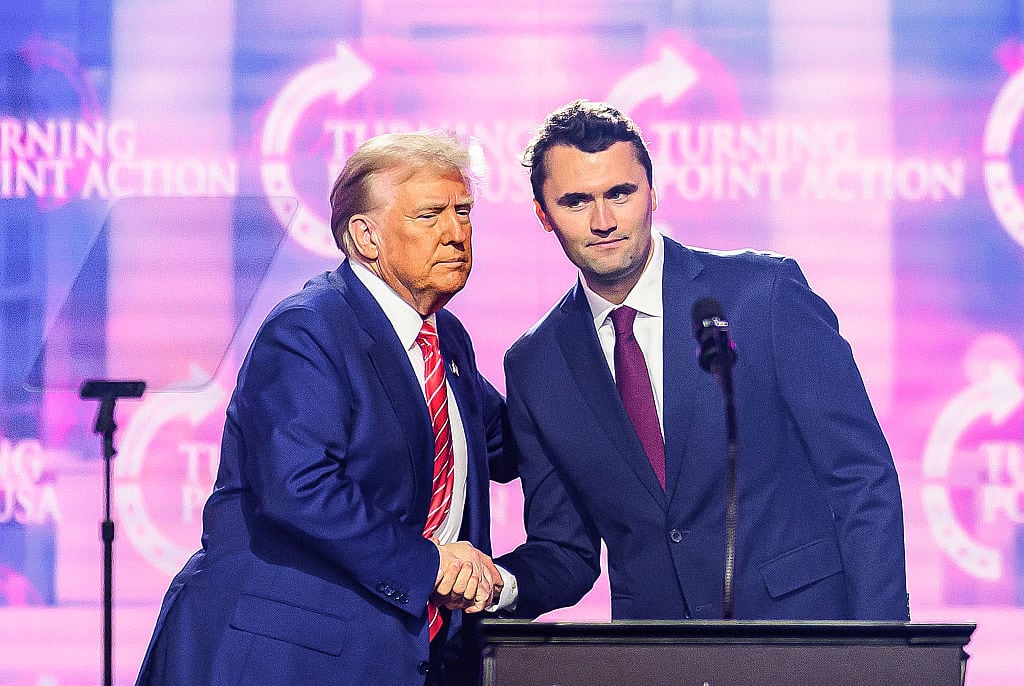
Fallout After Charlie Kirk's Death: Conservatives Respond to Online Criticism

The Response to the Death of a Conservative Figure
The recent death of Charlie Kirk, founder of Turning Point USA, has sparked a wave of reactions across the political spectrum. However, the aftermath has been particularly noteworthy, with conservative figures and online personalities actively seeking retribution against individuals who expressed negative or celebratory sentiments following the news.
In the wake of the tragic event, the online landscape has become a battleground. Supporters of Kirk are meticulously identifying and targeting individuals who made disparaging remarks, often tagging employers and sharing personal details in an effort to hold them accountable. This has led to several individuals facing professional consequences.
Job Losses and Public Outcry
One of the earliest examples was the termination of MSNBC political analyst Matthew Dowd, after linking Kirk's "awful words" to his death. The backlash didn't stop there. According to reports, a teacher, a firefighter, and employees at various companies, including printing services and even high-end law firms, have faced repercussions for their online commentary.

Ryan Fournier, chairman of Students for Trump, has been particularly active in highlighting these cases. He shared the story of an Apple Store employee allegedly fired after questioning Fournier's opinions on social media. Similarly, another individual reportedly lost their job at Old Navy after negative commentary. These actions, and others targeting employees of Dollar Tree and a first-grade teacher, illustrate the intensity of the online response.
Broader Implications and Concerns
The situation has attracted the attention of high-profile figures like Attorney General Pam Bondi, who stated that her team is monitoring online posts related to Kirk's death. Bondi referenced the resignation of a Virginia school board member following controversial remarks. She emphasized the importance of free speech but suggested that employers should hold employees accountable for "horrible things" they say online.
Jesse Watters of Fox News also weighed in, vowing to expose and ostracize anyone celebrating Kirk's death, promising "social costs, financial costs" for those deemed to have crossed the line. He expressed shock that the people criticizing Kirk were not "fringe" people, but rather professionals in various fields.

Freedom of Speech vs. Professional Conduct
The events have raised critical questions about the boundaries of free speech and the responsibility of individuals to maintain professional conduct, even in their personal online activity. Key Trump administration figures, such as Transport Secretary Sean Duffy, have also spoken out, demanding action against those who celebrated Kirk's death.
Pen America, an organization dedicated to defending freedom of expression, has expressed concern about the "chilling effect" these actions may have on free speech and a free press. The organization argued that journalists and others should not fear losing their jobs for offering analysis or asking tough questions.
A Complex Situation with No Easy Answers
The situation surrounding the responses to Charlie Kirk’s death illustrates a complex interplay of grief, political polarization, and the evolving landscape of online accountability. As the debate continues, it’s important to remember that the discussion regarding political figures, freedom of speech and social media conduct is a vital part of navigating our complex society. Further developments are likely to emerge as the situation unfolds.
Disclaimer: This article is for informational purposes only and does not constitute legal advice.
```